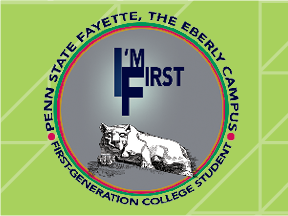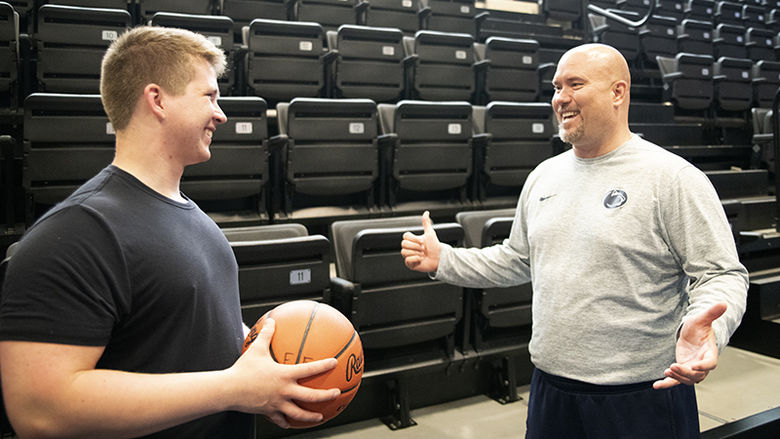What is First-Generation?
A first-generation college student is widely defined as a student whose parents or guardians did not complete a four-year degree at a university.
First-generation students may find navigating college policies, procedures, jargon, and expectations to be a challenge. This stress can result in a lack of confidence and impact a student’s sense of belonging, which can negatively affect their academic success and overall college experience.
At Penn State Fayette, many of our students, faculty, and staff identify as first-generation college students or graduates. We understand and appreciate the unique challenges and valuable contributions of this population, and we are committed to providing resources and support to support first-generation college student success.
Quick Facts*
- First-generation students represent half of the US college population.
- The median age for first-generation college students is 24.
- The median household income for first-generation students is $37,565, and over 75 percent of first-generation students plan to work during their first year at college.
- 42 percent of Black students and 48 percent of Hispanic students are first-generation students, compared to 28 percent of white students.
- First-generation college students are more likely to use financial aid services, but less likely to access health, academic advising, and academic support services.
- First-generation students outperform their peers in academic engagement and self-efficacy, indicating a high level of commitment to education.
- Over 60 percent of first-generation graduates plan to give back to the community.
*Data obtained from Postsecondary National Policy Institute (PNPI) and Inside Higher Ed.



